- Science Simplified
- Posts
- This week in science
This week in science
I went to a conference last week all about new strategies to model, understand, and treat diseases. So, I thought I’d pick out a few papers from it that I liked. It was amazing being able to meet some of the scientists behind work I’ve been following for a few years now and I hope you’ll enjoy it too.
The first 3 papers are ones that were brought up at the conference. The last 2 are just things I stumbled upon that looked interesting.

First, a quick plug for this week’s sponsor, 1440. Check them out.
Daily News for Curious Minds
“I stopped watching the news, so sick of the bias. Was searching for an alternative that would just tell me WHAT happened, with NO editorializing. I found it. It’s called 1440. It assumes you are smart enough to form your own opinions.”

Two major problems with treating cancer are 1) it’s hard to kill all of it and 2) what survives treatment is more resistant. We try to combat this by using different targeted therapies and continuous chemo/radiation, but it’s not always effective.
What if, instead, we introduced a cancer cell that would outgrow its competition, but we were able to kill with the flip of a switch? And when it died, it also took out the cancer cells around it.
That’s exactly what this paper does. A subset of the cancer cells were modified to become resistant to treatment. After the treatment, these modified cells out competed the other cancer cells to become the dominant tumor population. Then, the programmed kill switch was activated, causing the modified cancer cells and those around them to die.
Don’t worry, if this becomes a therapy it wouldn’t actually require giving you more cancer before it works. It would involve genetically modifying existing cancer cells to become resistant and then die on command.
Cancer cell therapies, like CAR-T cells, are extremely effective but come with side effects. While they’re designed to target markers that cancer cells have more of, these markers are also shared to a lesser extent by our healthy cells.
This papers uses a cool trick to circumvent full-body side effects. They made CAR-T cells that only become active when they’re heated up. Then, they use focused ultrasound waves to selectively heat up the area directly around the tumors. This makes the CAR-T cells active by the tumors but nowhere else, limiting side effects.
I love this technique and was super excited to meet the person behind it. Basically, you feed cells a molecule modified with an unreactive chemical group. When the cells use the molecule to make things like proteins, the chemical group is still there and intact.
Once used by the cell, you can use the chemical group to add a fluorescent molecule that you can then look at using a microscope.
Psychedelic mushrooms are a growing area of interest as treatments for depression, alcohol abuse, and other mental health problems. Regardless of your feelings about them, it’s important we understand how they work and why they effect people so strongly.
To test this, this paper gave people shrooms and watched what happened via an MRI.
They found that a single high dose caused disruptions in brain activity in areas that are thought to give “our sense of space, time, and self.” Additionally, the high dose caused greater neuroplasticity and formation of new networks.
Hopefully a lot of you reading thing had a science class that made you go “wow, this is really cool”. But you also probably had the other type that’s just boring grunt work and practically just an applied math class.
I didn’t realize I was interested in biology until late in college, likely because I was bored out of my mind in my highschool biology class. A good teacher that can show you the joy of science can make all the difference.
Learning how to be a scientists is about much more than memorizing facts. You need to be able to think, reason, be creative, plan, and revise. The core of it is thinking deeply about problems. Science class should prepare students for that.
See you next week for more science,
Neil


If you liked this post and want to keep getting cool science delivered to you, sign up for free:
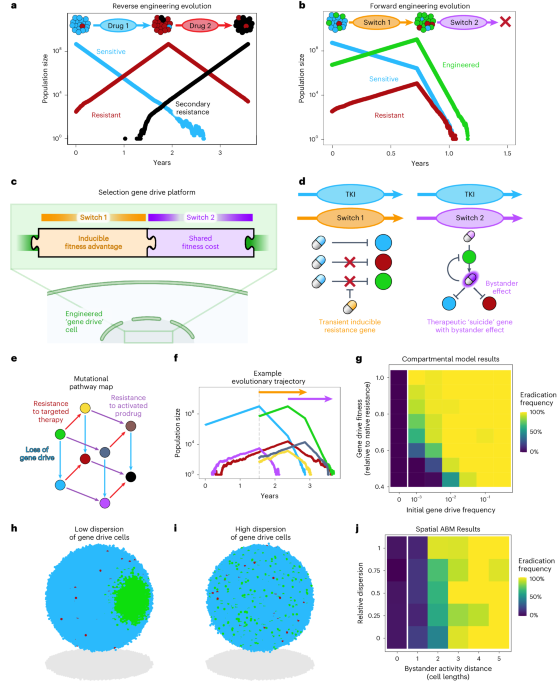
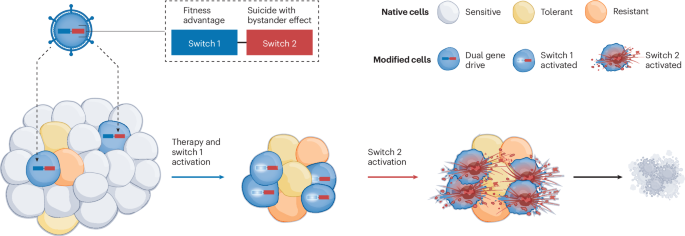
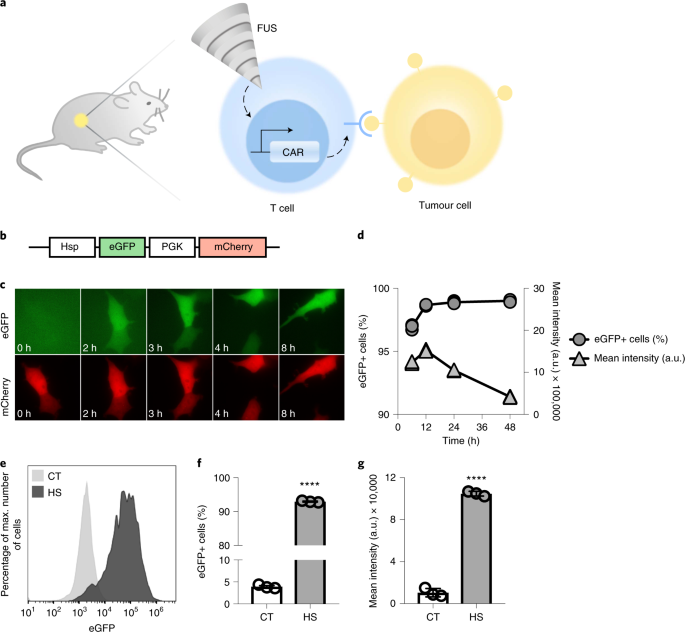
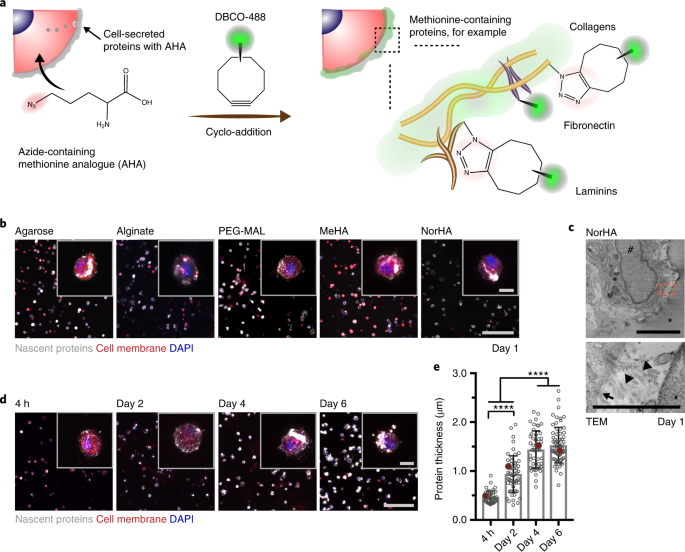
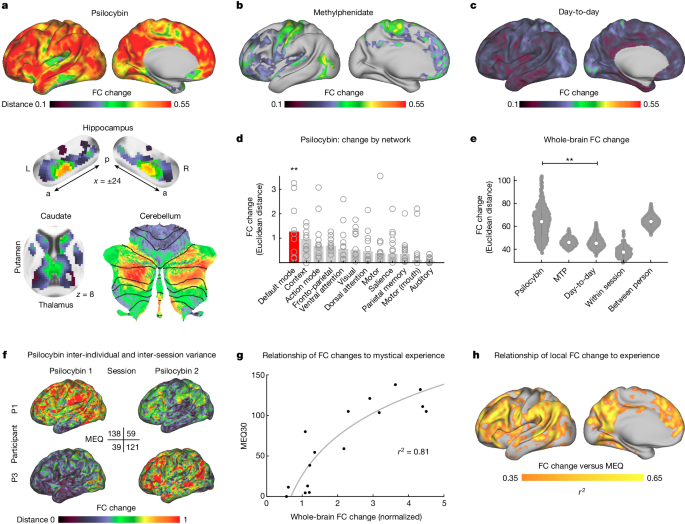
Reply